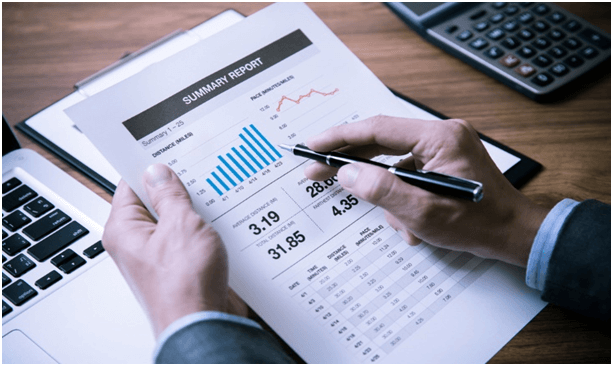The purpose of identifying and selecting an appropriate procurement consideration is to find the best way to obtain the solution and result to satisfy the needs of the end user for obtaining the most advantageous pricing and contractual conditions through a competitive process. Finding the best heavy machinery and parts can often be a challenge with faces difficult site conditions or a limited budget.
Following best consideration practices will help any professional in ensuring that the end user with the heavy machinery and parts which needed and even if face unique obstacles or project conditions, will be provided. Those techniques will help management successfully achieve its goals.
Table of Contents
Current and Future Financial Situation
Consider current financial situation to decide if have the capital to buy the heavy machinery and parts that needed, or renting may be better option. Look beyond to current situation and project costs over the several months and years for both purchasing and renting which compares between of two. Buying may be a larger one time a financial burden, but the cost of renting can add up quickly, and over a long period it could end up costing more. Not to mention, when own, it will see a return on investment when sell.

Project Specification
Every job is different. The challenges posed by certain job sites are like uneven terrain or excessive dust. It may require specific heavy machinery or safety features. If possible, get a sense of the job site conditions this heavy machinery will be up against. Information from investigations and condition reports on future projects can give a sense of what will need to handle. Fielding potential concerns can also help source the right heavy machinery and parts.
Length of Project and Frequency of Jobs
Some companies may only need a piece of heavy machinery briefly. It just longs enough to cover a few projects or seasons. If customer doesn’t need heavy machinery for long-term use, leasing or renting may be a better option than buying. If it is a short term job or onetime thing, then renting probably will makes more sense. Working on a long project, or if got several jobs come up, then buying could make sense.
Buying New or Used Machinery
Having new heavy machinery and parts could help show professionalism to clients. Some new technology comes in, can always upgrade the computer system of the heavy machinery and parts as modify it to the way like. It also avoids initial depreciation on heavy machinery and parts which take advantages of available warranties. New heavy machinery and parts can be beneficial in the long run that have full control over and help to land more projects.

Not every piece of heavy machinery and parts need to be new. Often, used heavy machinery and parts may be significantly more affordable and typically won’t need extensive maintenance, or repairs compared to new heavy machinery and parts. Used heavy machinery and parts also doesn’t lose as much value as new heavy machinery and parts over time. Most market depreciation will be seen in the first year of use. Because the preowned items are typically older, it won’t have to worry nearly as much about that lost value.

Risks and Availability
When planning to rent heavy machinery, there is always the potential risk of a rental company not having the heavy machinery need when need it. Taking on jobs without planning notice and changes in project schedule could be more detrimental to business. The big advantages of owning own heavy machinery and parts is that available to 24 hours. It can react to unexpected changes in project schedules, take on last minute jobs, and help to complete projects with less downtime.
The Tax Implication
Discuss with accountant or bookkeeper, someone with experience who can trust, and figure out where will stand at tax time if purchase or rent this piece of heavy machinery and parts. Sometimes rental expenses can be deducted as a business expense. Buying a piece of heavy machinery and parts, however, is a capital expense that must be treated as such at tax time. It can’t deduct the entire expense during the year in which it was purchased. The capital costs are then depreciated over the useful life of the piece of heavy machinery and parts. May be able to leverage a depreciation deduction for the heavy machinery and parts that have purchased for business.
The full content is only visible to SIPMM members
Already a member? Please Login to continue reading.

